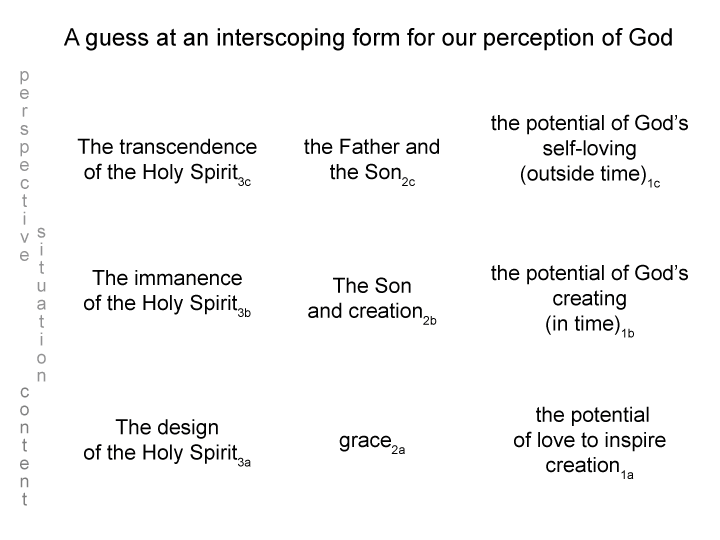Man and Sin by Piet Schoonenberg (1964) 2.2 CK
Summary of text [comment] page 75
[The moment that I try to affirm ‘a good that derives solely from nature’ [that is, from consequences (normal context) and dispositions (potential)], I set myself up to miss the mark, even though I may appear to improve the situation at first.
Why?
When I ‘try to do good’, I inevitably place an actuality into context. That is, I apply ordinates to ‘what I regard as actuality’. These ordinates are projections of ‘what I regard as natural’.
I define consequences and dispositions in terms of ‘what is natural’. When the tragic results start to roll in, I cannot comprehend why things go wrong and why people are distressed.]

